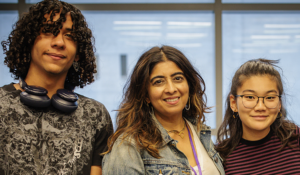
Nothing Sells Like Whiteness: Racist Signs and Performative Apologies in American Advertising
Advertising is becoming more diverse all the time, so why do companies keep getting called out for having racist ads? Linguistic anthropology gives us the tools to understand these ads – and the way companies react to being held accountable.

Asian American Masculinity and the Ironic Blaccent on YouTube
Language use on popular websites like YouTube can both challenge and reinforce our understandings of language and identity.

Troubling Words: The Myth of “Black-on-Black” Violence in a US High School
When African American and African transnational students have conflicts at school, it is often referred to as “Black-on-Black violence.” But this term doesn’t account for the complex reality of these tensions – or the structural issues behind them.

Everyday Sacrifice, the Power of Respect, and Language Socialization in Vietnam
Everyday language and communication are an important part of how children learn to interact with others. In Vietnam, even before children begin to speak, they learn that hierarchy and hy sinh (sacrifice) can be forms of care.
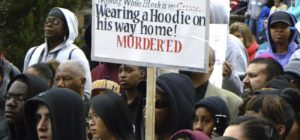
Language Bias on Trial
When one way of speaking is stigmatized, simple miscommunications can turn into discrimination and criminalization – especially in the criminal justice system. How can we make our institutions more linguistically inclusive?
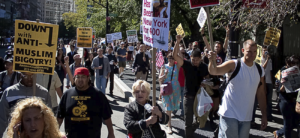
Let’s Call It What It Is: Anti-Muslim Racism
Anti-Muslim racism is a big problem, and it’s often spread through, and in response to, language. How can language instead be a tool for resisting this form of racism?
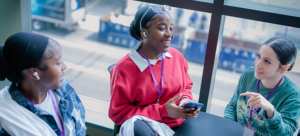
Students as Language Teachers
Even well-intentioned language teachers sometimes ignore the knowledge that their students bring into the classroom with them. What if, instead, teachers built on this knowledge and let students play an active role in their own language education?
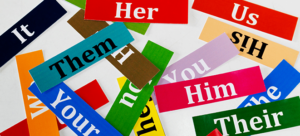
Is Singular They Old or New?
Why are they/them pronouns easier for some people to use? The answer can tell us a lot about the English language, and how it is changing.
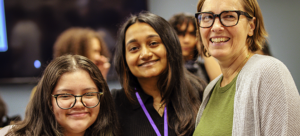
What makes the Indian sound Indian? Language, stereotypes, and Hollywood
Have you ever watched Peter Pan or Pocahontas and wondered why the First Nations characters talk like that? The concept of “linguistic imagery” can help us to understand these portrayals and their implications for both viewers and First Nations people.
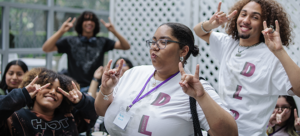
Language is Not the Problem, Racism is the Problem
Students of color are always being told that they need to change the way they speak. But what if, instead, educators changed the way they listen?
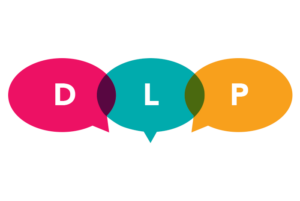
Language Toolkit
What is language? Anthropologists who study language (linguistic anthropologists) would say language does things in the world.
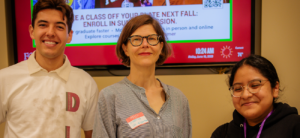
What’s in your lunchbox?
Conversations about healthy food might seem objective and helpful, but they really reveal a lot more about our own judgments of other people.
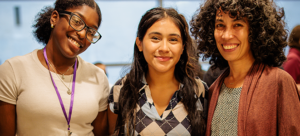
Speech or Silence?
Listen in to a day-in-the-life of an undocumented fifth-grader named Aurora. What can schooling feel like for students who are growing up in this country but are not US Citizens?